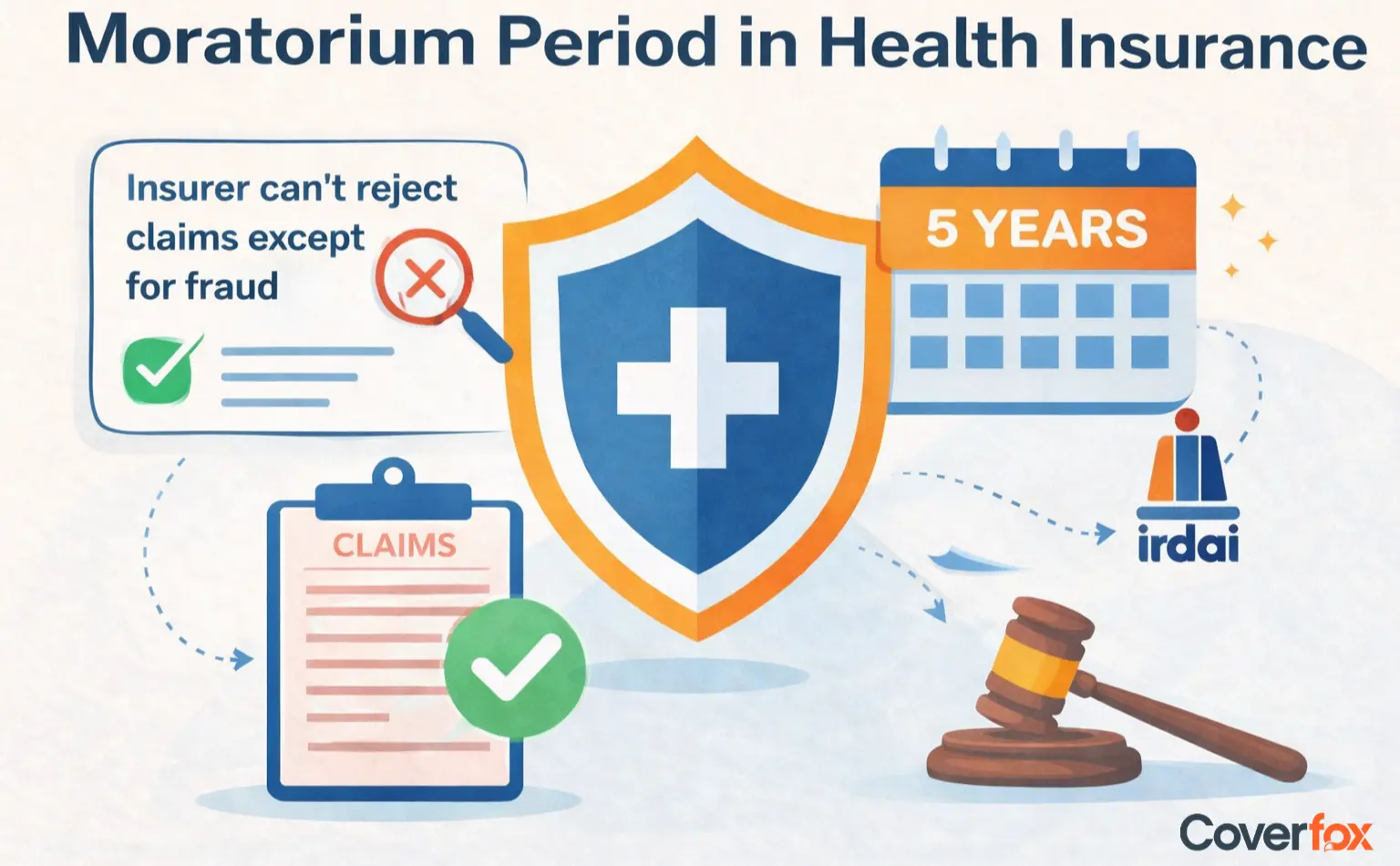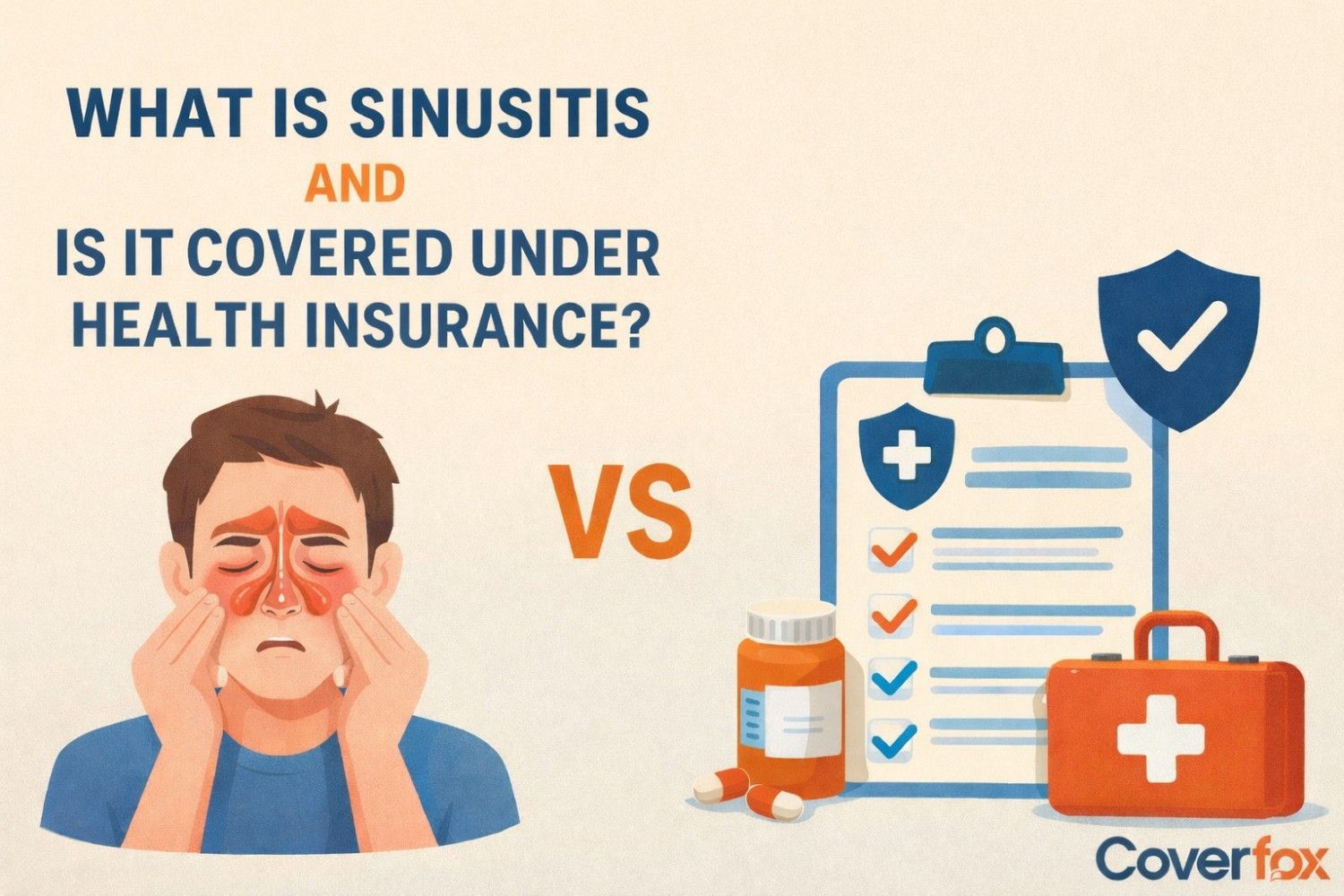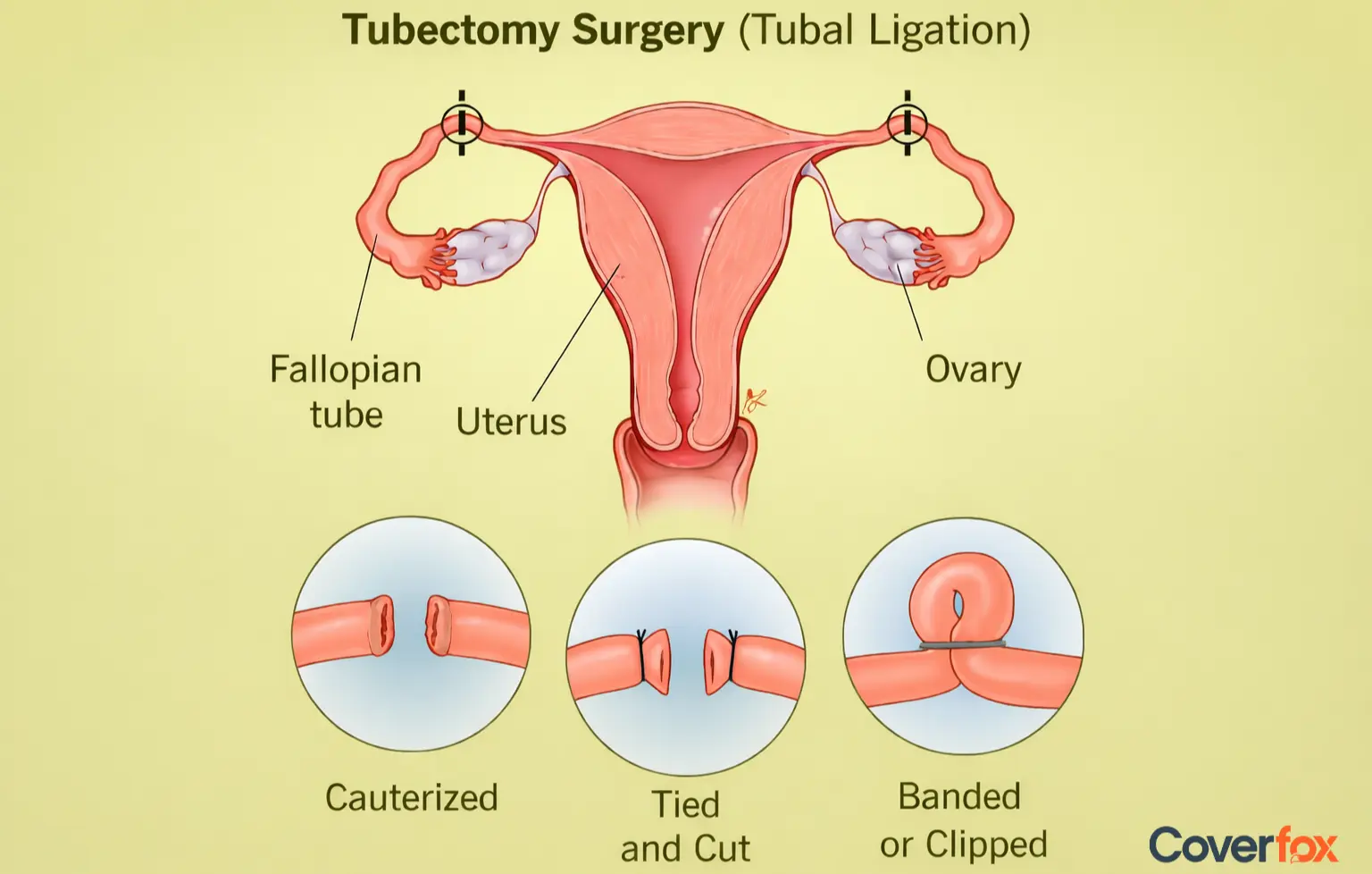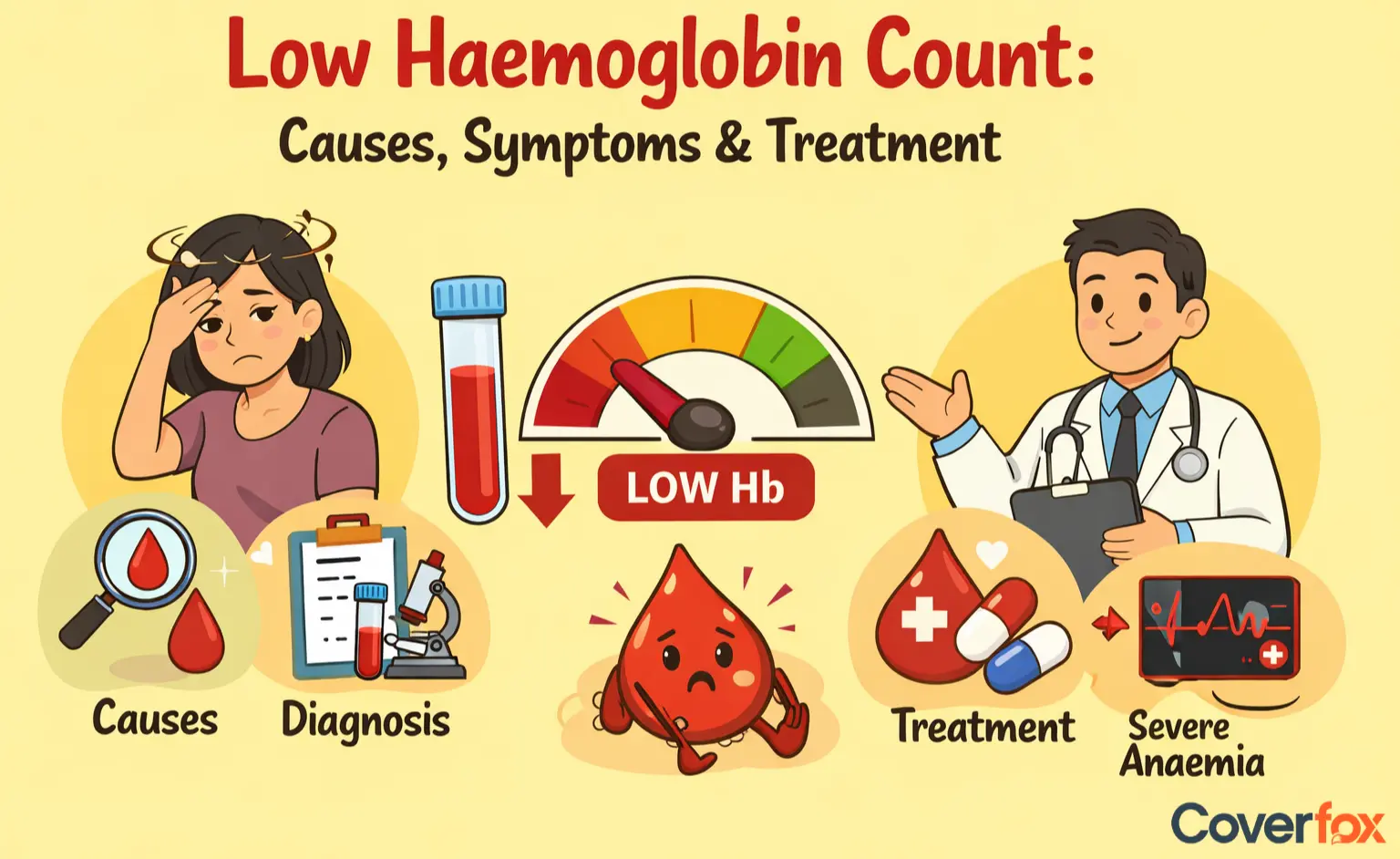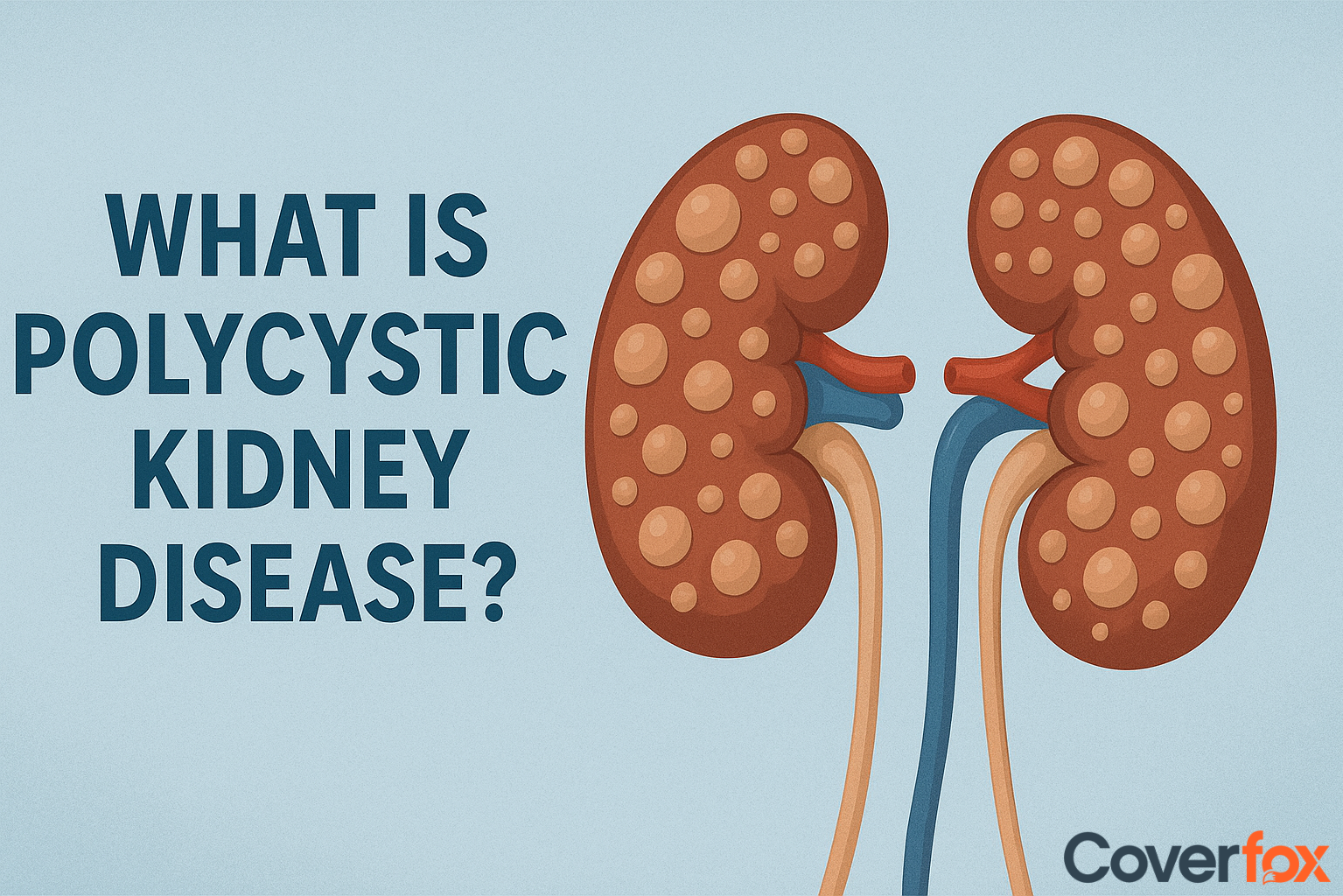Critical medical emergencies come without prior notice and bring a lot of stress and financial burden. It is best to be prepared for critical illnesses like brain stroke as it requires immediate medical attention.

Having health insurance for critical illnesses will ensure that one does not have to worry about financial support as these plans are designed to offer them.
The brain is a vital part of the body that is responsible for the proper functioning of the body, emotions, and body. Any problems with the brain can lead to a serious complication that needs immediate attention from the team of the best medical experts including a neurologist, neurosurgeon, nurses, etc. One of the most complicated critical illnesses related to the brain is the stroke. This article lets us understand whether or not one's health insurance offers insurance coverage in the event of such a medical emergency.
What is a stroke?
A brain stroke is a medical emergency wherein a part of the brain stops receiving the blood supply. As the blood supply stops that particular section of the brain stops working resulting in affecting the body functions which that section was responsible for carrying out. A brain stroke is caused when the vein carrying blood to the brain is ruptured or damaged. This damage is usually caused by a blood clot that travels in the artery that provides oxygen to the brain and ruptures the brain.
As per research conducted by NCBI (National Centre for Biotechnology Information) around 20% of first-time stroke patients admitted to hospitals were aged 40 or younger. While the risk of stroke increases with age, particularly in those over 55, it can occur at any age. Individuals with a family history of strokes are at an elevated risk.
Symptoms of a stroke
Brain strokes come in two main types: Ischemic and Hemorrhage. Ischemic strokes can be further divided into Embolic and Thrombotic, while Hemorrhage strokes can be divided into Intracerebral stroke and Subarachnoid stroke.
When a brain stroke lasts for a short time and disappears within 24 hours, it's called a Transient Ischemic Attack (TIA). TIAs have symptoms similar to regular strokes and serve as a warning sign for a potential major stroke in the future. Although they don't cause severe brain damage, patients are advised to take precautions to prevent future strokes.
Ischemic strokes and heart attacks are alike because they both happen due to blood clotting. Hemorrhage strokes, on the other hand, occur when blood vessels leak, often leading to immediate death.
Strokes can affect anyone at any time. The main symptoms include weakness in the upper limbs, difficulty speaking, total or partial paralysis, vision problems, a drooping face, and trouble focusing.
Effects of Brain Stroke
As we now know brain stroke is caused due to the rupture of blood clots in the brain. Being a sensitive organ any damage to it can cause serious health issues. A stroke can have various effects on an individual, depending on the severity and location of the brain damage. Some common effects of a stroke include:
Weakness or paralysis: A stroke can cause weakness in the body or paralysis on one side or the entire body affecting mobility and coordination.
Speech and language difficulties: Some stroke survivors may experience difficulty with speaking, understanding speech, or forming words.
Cognitive impairment: Stroke can lead to memory loss, difficulty with problem-solving, and decreased attention span.
Emotional changes: Stroke survivors may experience emotional changes such as depression, anxiety, or mood swings.
Vision problems: Stroke can affect vision like blurred or double vision, loss of visual field, or difficulty with eye movements.
Fatigue: Many stroke survivors experience fatigue affecting their energy levels and daily activities.
Swallowing difficulties: Stroke can affect the muscles involved in swallowing.
Sensory changes: Some stroke survivors may experience numbness, tingling, or other abnormal sensations in the affected parts of the body.
These effects can vary greatly from person to person and may improve with rehabilitation and therapy. Stroke survivors need to work with healthcare professionals to address these challenges and regain as much function and independence as possible. It is difficult to deal with stroke and its aftereffects additionally it requires immense financial support to receive the best treatments so having a critical illness insurance policy will help to cover the cost of the treatment.
Having insurance coverage will release the financial stress as expenses like ambulance charges, hospital charges, doctor’s fees, pre and post-hospitalisation expenses, etc. are covered.
Best Insurance plans for brain stroke
Health insurance coverage is a safety blanket for safeguarding oneself from the financial stress arising due to critical illness. Health insurance plans offering insurance coverage for critical illnesses are a boon as the patient and the family do not have to worry about the treatment cost rather they can focus on the treatment alone. Here is a list of the top 10 health insurance plans for brain stroke.
1). HDFC Ergo Critical Illness Plan for Stroke
the plan comes in 2 variants namely Silver Plan and Platinum Plan both variants offer insurance coverage for stroke. the plan is designed to offer a lump sum payment upon the 1st diagnosis of the illness and after the completion of the survival period of 30 days. Additionally, tax benefits under section 80D of the Income Tax Act can be availed.
2). Niva Bupa’s CritiCare Plan
One of the best plans offering coverage for numerous critical illnesses. it covers around 20 illnesses and offers numerous add-ons.
3). Edelweiss Tokio Life Criticare Plus plan
Cover 17 major critical illnesses offer lump sum payment upon diagnosis and many other advantages.
4). Manipal Cigna’s Lifestyle Protection Critical Care Policy
Coverage for numerous critical illnesses. Upon diagnosis, the insured receives staggered payouts.
5). Care Critical Illness Insurance Plan
Covers 32 critical illnesses, lump sum pay benefits, and many more advantages by offering exhaustive coverage to cover Hospitalisation costs, ICU charges, Chemotherapy and/or Radiotherapy, Global coverage, International second opinion, etc. The plan also offers an annual health check-up so that you can keep track of your health and look out for any health issues in the early stages.
Conclusion
Buying a critical illness plan is beneficial as it provides financial protection in times of medical emergencies. Ensure to buy one as illnesses like stroke are dangerous and their treatments deplete the savings creating financial stress. Therefore buy a health insurance plan to stay stress-free.
